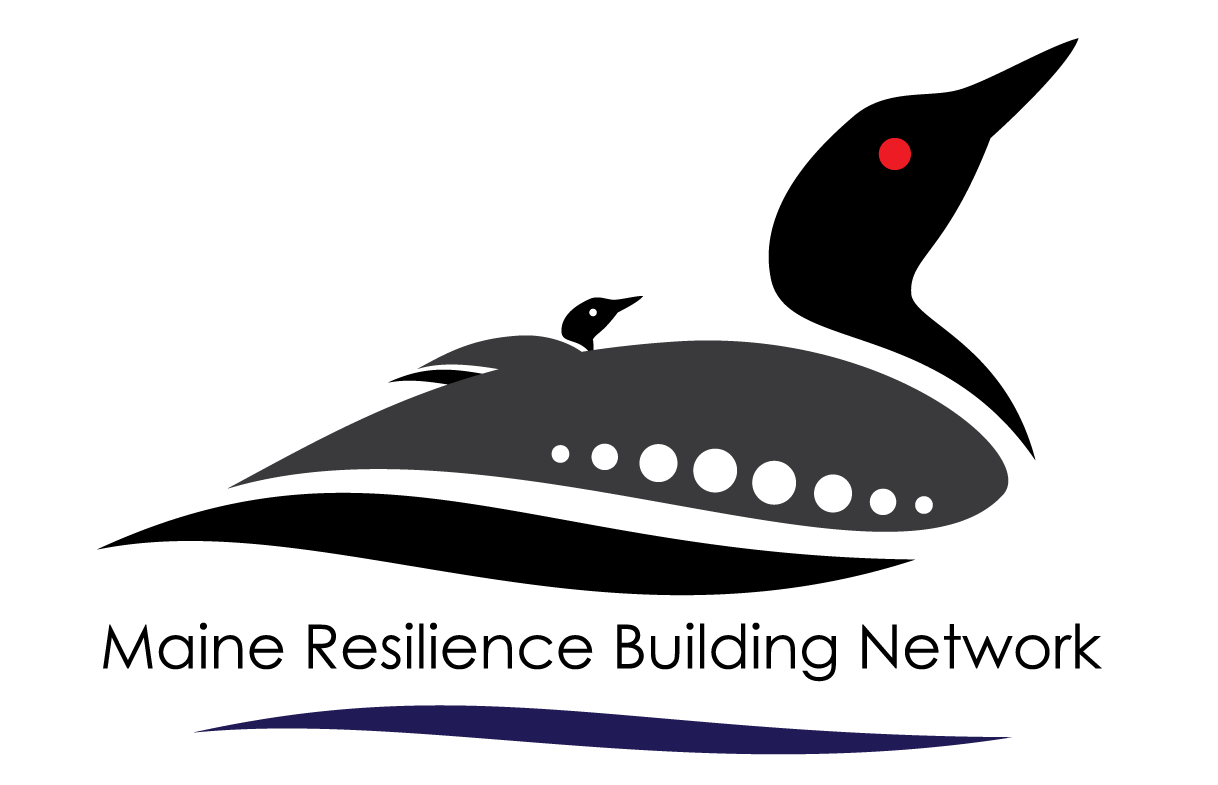FREQUENTLY ASKED QUESTIONS
MRBN is excited to expand its work around trauma-informed care and looks forward to connecting with many of you about this critical practice. We are answering a few questions about how this work can be meaningful to your organization and her experiences successfully implementing trauma-informed programming. For more information, please get in touch with training@maineresilience.org. |
Q. What brought you to trauma-informed work? I’ve been a clinical social worker for over 15 years, primarily in a healthcare setting, working with interpersonal and sexual violence survivors. Working within the system, I saw the positive and negative impacts various systems could have on individuals. There were some beautiful instances where survivors felt seen, heard, and understood, which significantly helped with their healing and recovery. Unfortunately, there were times when the health care or other systems didn’t respond well to a survivor, compounding their trauma and being a real barrier to healing. Sometimes, it meant that someone stopped engaging in services or became another point of adversity. My work eventually shifted to working with teams on shifting individual and collective practices and cultures to increase those positive outcomes. I firmly believe that we all have the collective wisdom to make our systems trauma-informed and that we often need the framing and understanding of the issues to help get us started. | Q. What’s the biggest opportunity in trauma-informed practice right now? I’m grateful for the leaders who have embraced this change and want to shift systemically. I’ve seen a lot of individuals- nurses, providers, advocates, educators, public health folks - and others - shift their work, and there is greater leadership buy-in now than I’ve seen in the past. In my short time at MRBN, I’ve heard some wonderful stories about organizations turning inward and assessing their practices. I think there is a lot of opportunity to work with boards and management teams to institute this shift in perspective in a meaningful and sustainable way. | Q. Who do you think should be working on becoming trauma-informed? Everyone! We know that trauma directly impacts 60-70% of the population in the United States. If we take one step back, we also know that someone we live with, work with, go to school with, or know in our community is undoubtedly affected. In reality, it’s an issue we all need to be thoughtful about, for ourselves or someone we know. We also know that Maine is facing an ongoing opioid crisis, and we continue to lose individuals in record numbers. Some fantastic work is being done across the state, but the numbers continue to increase. Youth are also facing a mental health crisis here, and we need individuals and systems prepared for the ongoing needs of trauma survivors. Trauma-informed care allows us to shift our perspective and lens to deliver respectful, effective care that may allow more people to feel comfortable accessing services and sustaining care. |
Q. What else do you think people should know about trauma-informed care? A critical component of providing trauma-informed care is caring for the caregiver. We can’t be our best professional selves if we are also dealing with unaddressed vicarious trauma or symptoms of burnout. Personal, professional, and organizational strategies must be built into trauma-informed practice assessment otherwise change won’t be sustainable. |
